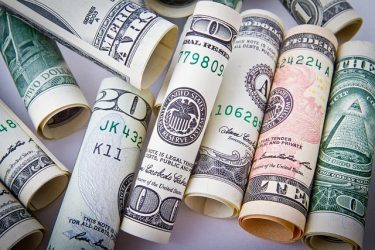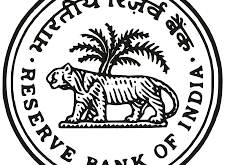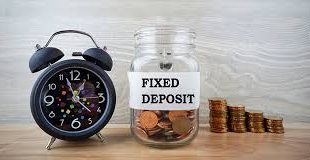With United States debt at an all-time high, economists are sounding the alarm bells. Estimates indicate that the US could default by as soon as June 01. The US Dollar being the global reserve currency, the impact will be felt across the globe. The US debt default is a situation where the debt ceiling has been breached. If the debt ceiling is not increased or other measures are not taken, the US won’t have enough money to pay its bills.

With so much at stake, it makes us wonder as to how a US debt default will affect Americans. To get an idea, here are some of the potential fallouts of a US debt default.
Duration of debt default – The overall impact of US debt default will depend on the duration of debt default. If it is just a couple of days, it is unlikely to impact the public in general. But if the default stays for a week or more, it can have severe consequences. The economic ripple effect will be felt across the globe.
It is to note that the US has missed debt payments earlier also. However, every new crisis is different. So, overall impact is likely to be different each time. The globe is currently witnessing emergence of new powers, which can complicate the repercussions of US debt default.
Plunging stock markets – If the US debt default situation lingers for long, it can result in a drop at Wall Street. Stock markets across the globe will also be negatively impacted. From the point of view of average Americans, their savings could be impacted. It can include various types of savings such as college savings, retirement savings and 401K plans. Most other savings and investments will also be impacted.
Cut in federal programs – With US debt default, a number of federal programs could be adversely impacted. It includes Medicare, Medicaid, Social Security, SNAP benefits and veteran benefits. Immediate impact could be on payments to be made in early June. It includes military and civilian retirement benefits worth $12 billion (June 01), tax refunds worth $1 billion (June 07) and federal salaries worth $4 billion (June 09).
Higher interest rates – If US defaults, interest rates applicable on US debt will witness an increase. This in turn will have a cascading effect. It will lead to higher interest rates on mortgage, car loan, credit card debt, etc. All of these will become more expensive.
Recession can lead to job cuts – If the US defaults, there’s a risk that the economy will dive into a recession. For average Americans, there will be less jobs available. It will become harder for small businesses to stay afloat.
Unsustainable debt – Even when the present crisis will be controlled, there’s a more longer-term impact in the making. If the US debt continues to rise at the same rate, just paying the interest on the debt would become a humongous task in around 30 years.
For example, around 50 percent of taxes being paid by US taxpayers will be just the interest portion of US debt. The government will have no option other than to make major cuts in spending. This in turn could lead to around 1/4th cut in Social Security benefits.
Even though the situation looks gloomy, we are sure economists and lawmakers are working to find a solution. The easiest way would be to increase the debt ceiling. Since World War II, more than 100 modifications have been made to the debt ceiling. The last change was in 2021, when the debt ceiling was increased to $31.38 trillion.
 Newspatrolling.com News cum Content Syndication Portal Online
Newspatrolling.com News cum Content Syndication Portal Online






